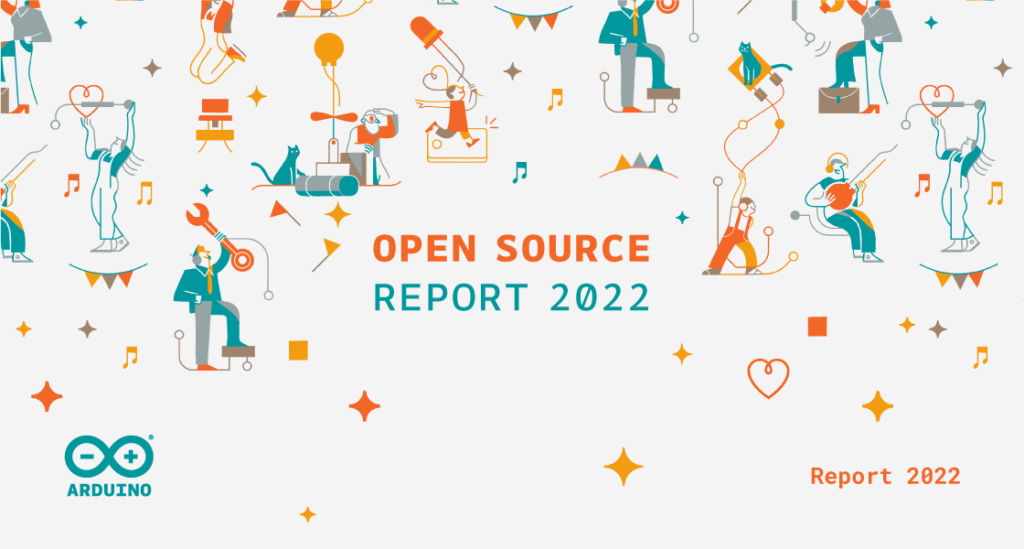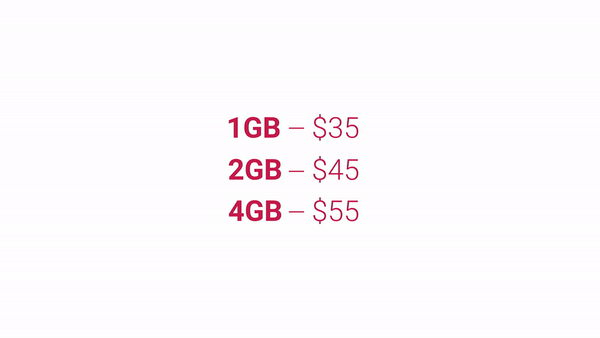Schlagwort: announcement
-

The 2022 Arduino Open Source Report is out
Reading Time: 2 minutesIn our last annual report we described 2021 as one of the busiest and most productive years in Arduino history in terms of open source development (if you missed that report, go read it now as it contains so many nice things). Well, we didn’t rest in 2022 either! The Arduino team…
-

New Chair and Trustees of the Raspberry Pi Foundation
Reading Time: 4 minutesI am delighted to share the news that we have appointed a new Chair and Trustees of the Raspberry Pi Foundation. Between them, they bring an enormous range of experience and expertise to what is already a fantastic Board of Trustees, and I am really looking forward to working with them. John…
-

Congratulations Carrie Anne Philbin, MBE
Reading Time: 4 minutesWe are delighted to share the news that Carrie Anne Philbin, Raspberry Pi’s Director of Educator Support, has been awarded an MBE for her services to education in the Queen’s Birthday Honours 2020. Carrie Anne Philbin, newly minted MBE Carrie Anne was one of the first employees of the Raspberry Pi Foundation…
-

A birthday gift: 2GB Raspberry Pi 4 now only $35
Reading Time: 4 minutesTL;DR: it’s our eighth birthday, and falling RAM prices have allowed us to cut the price of the 2GB Raspberry Pi 4 to $35. You can buy one here. Happy birthday to us In two days’ time, it will be our eighth birthday (or our second, depending on your point of view).…




